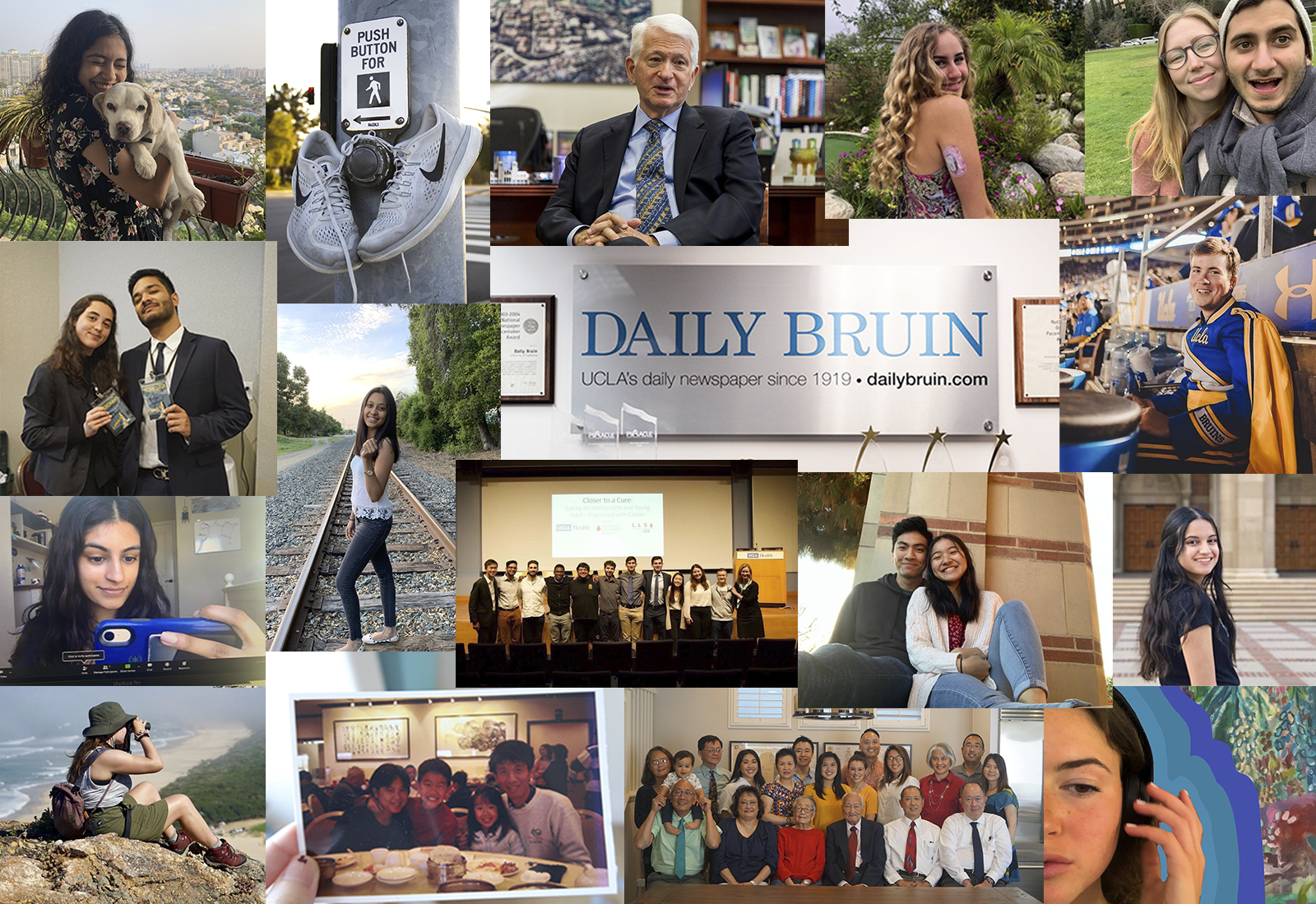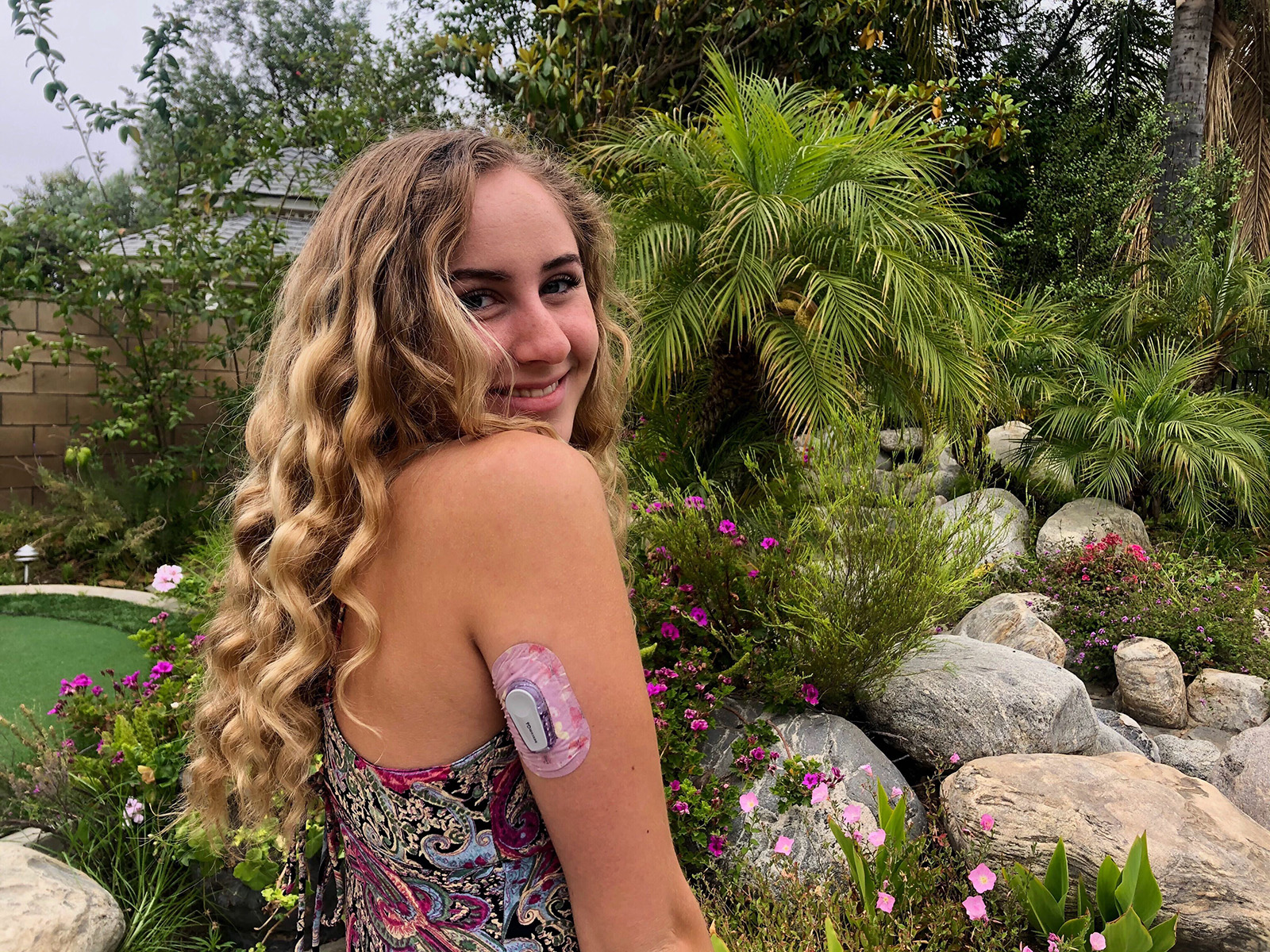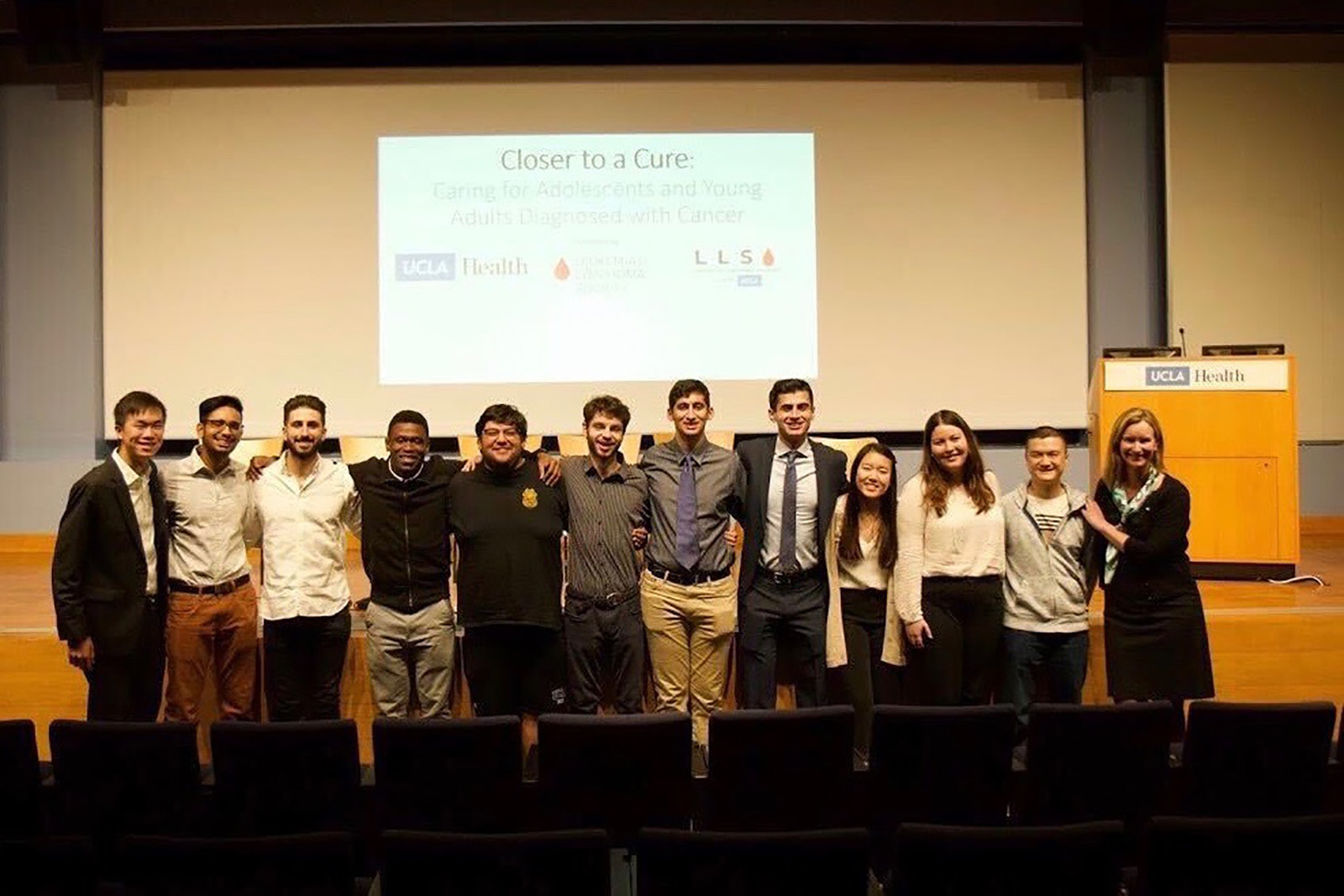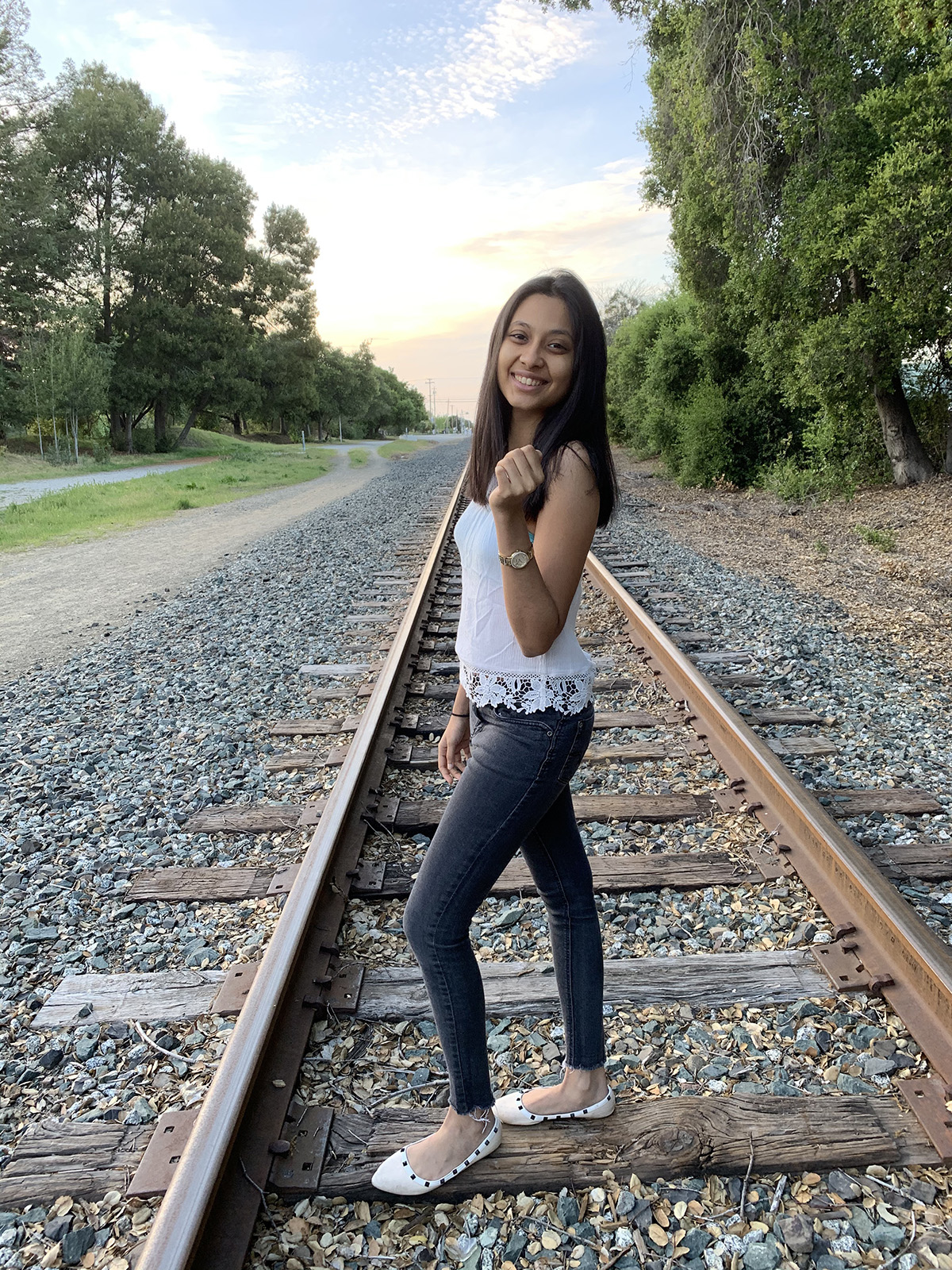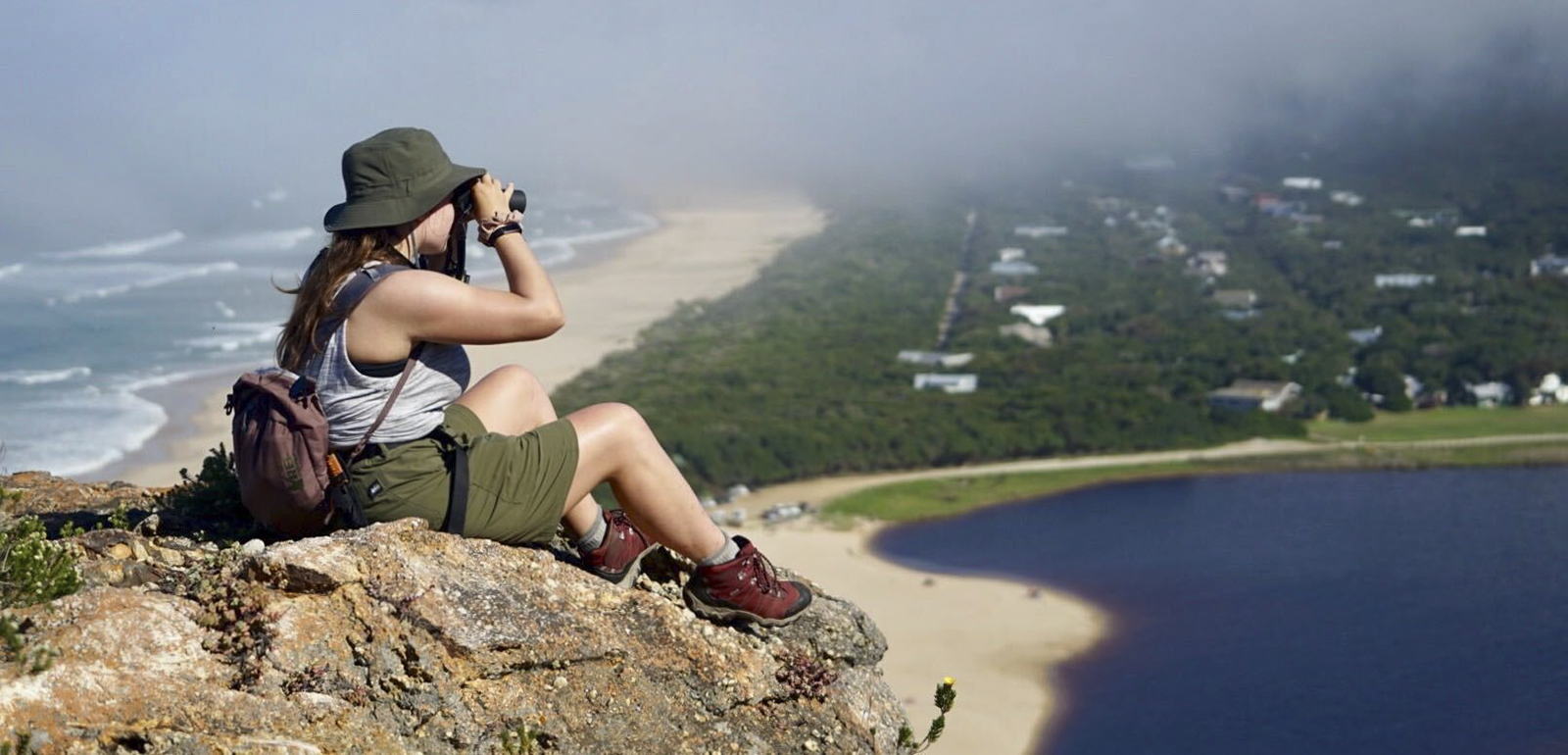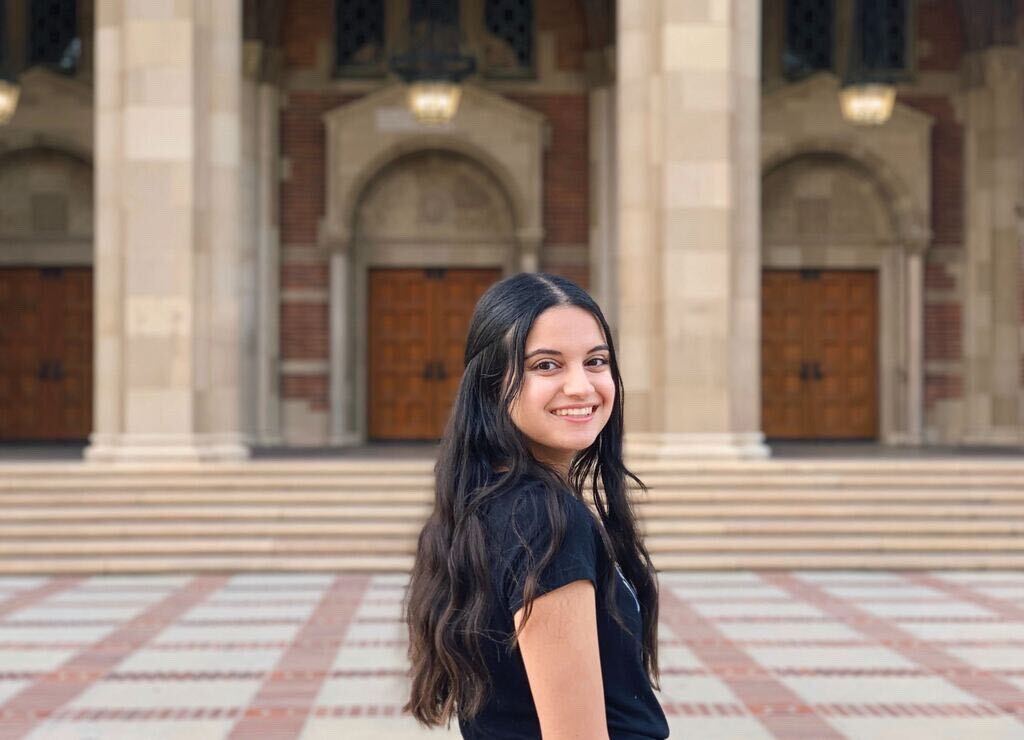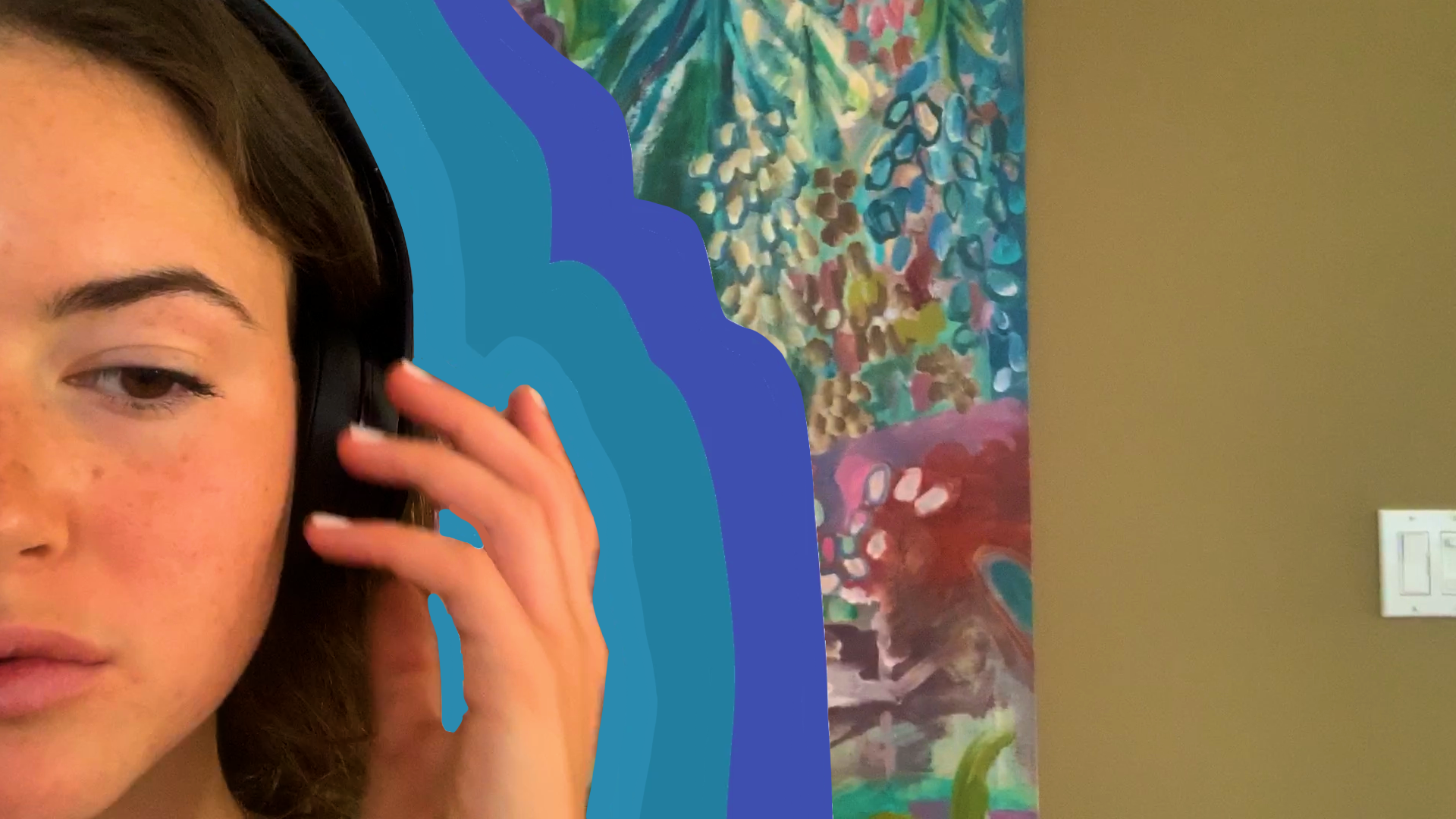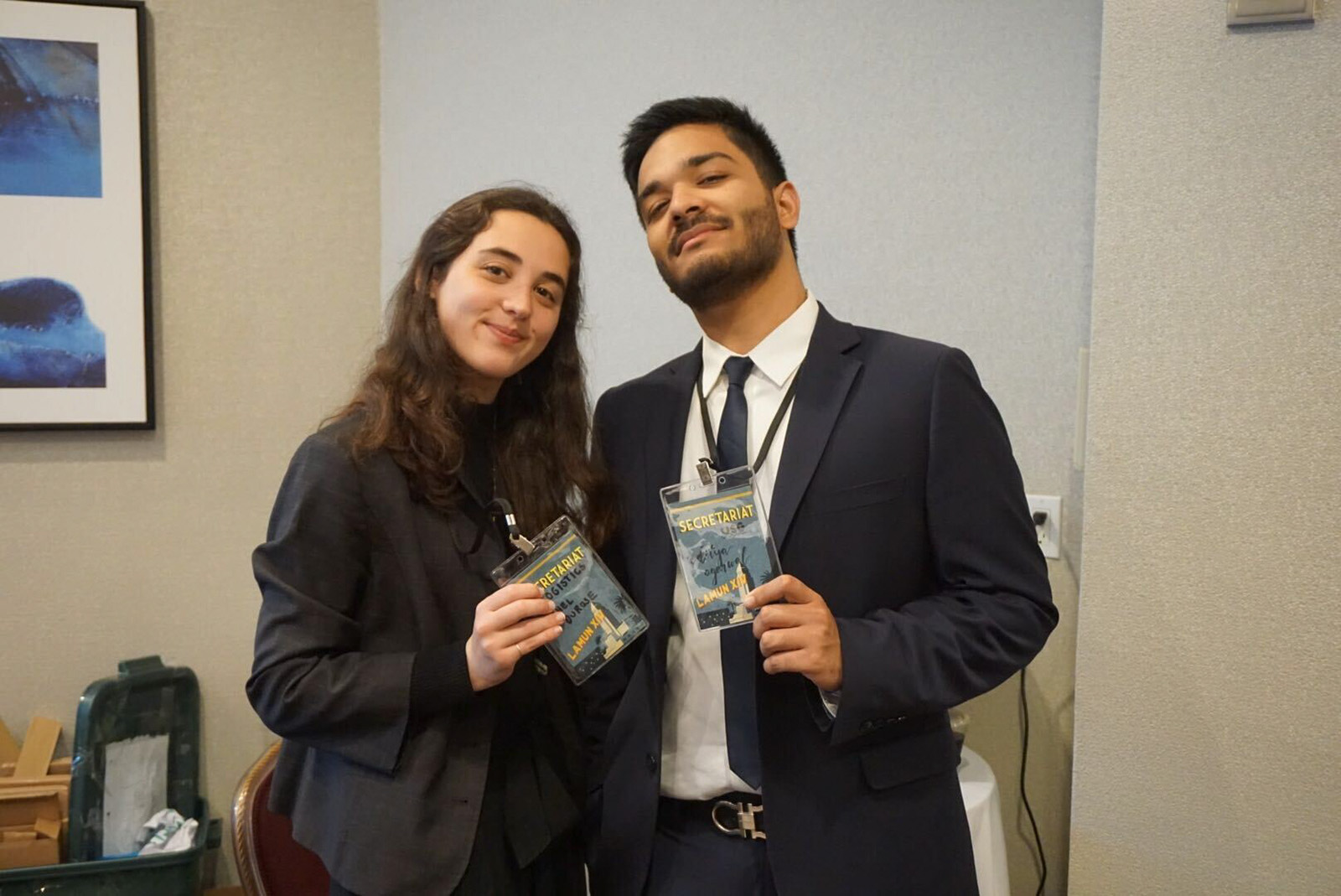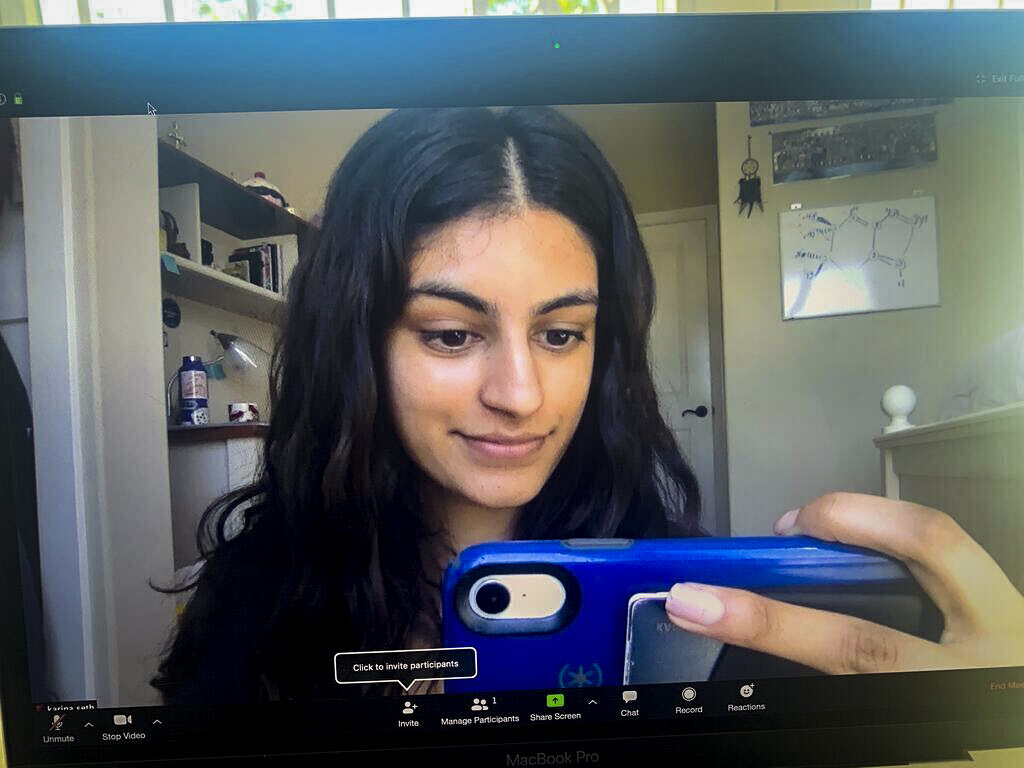Although the editorial staff aren’t able to be at the newsroom in Kerckhoff Hall, incoming Editor-in-chief Melissa Morris believes their work won’t falter amid a global pandemic. (Daily Bruin file photo)
By Melissa Morris
April 20, 2020 at 12:37 p.m.
The coronavirus pandemic has drastically upended life in the most unforeseeable of ways. At UCLA, our community is remarkably united by similar feelings of loss, confusion and concern, but also by light, hope and perspective that the pandemic has brought to the forefront. In “Columns From Quarantine,” Daily Bruin staffers and community submissions highlight the personal stories that mark this unprecedented moment. If you have a quarantine story to tell, you can submit it here or email [email protected]

I am a confessed two-times-speed podcast listener.
I speed walk the most efficient routes to class. I wake up early. I set alarms to make sure I’m perfectly on time to everything. My roommates say I have “fast, hard energy.”
I like it that way. When the little things are in order, I can concentrate on the big things. I stay oriented.
The COVID-19 pandemic and accompanying lockdown have not disorganized the little things. For me, it obliterated them.
Even so, as the newly elected editor in chief of the Daily Bruin, it’s my job to help us chronicle history. That holds, even if my piece in this is a tiny blip of history and one I happen not to like.
So let’s back up a bit.
The Daily Bruin editor in chief selection process is insanely long. There’s 50-something hours of interviews, a small novel of an application, a three-hour exam and an hour-long Q&A in front of 200 people.
Given the fact that this is an unholy amount of work in the midst of late winter quarter, time management is key. In late February and early March, I felt up for it. I dug into the interviews and starting ticking off to-do boxes, The New York Times’ “The Daily” podcast at double speed in the background. As the days went on, those podcasts were more and more frequently about the coronavirus.
I’m sure you can guess where this goes next. On March 12, I turned 21 years old. On March 13, UCLA closed through the end of the academic year.
On, off. Like a faucet.
Well, I thought, alone in my childhood bedroom on my 21st birthday. I have no right to be upset.
My professors were all very reasonable about easing up on finals. I’m not a senior, denied one last quarter at UCLA and a meaningful commencement. My parents still have their jobs. My loved ones are relatively healthy.
I am very lucky. I shouldn’t allow myself to be upset.
Besides, I reasoned, now I have more time to work on my application.
So I pulled up a million tabs on my laptop and sat down at my desk to write. The words, usually slippery but within reach, eluded me.
Maybe it was the lighting. I moved to the couch. The dining room table. The backyard. I pulled a full “Green Eggs and Ham”: house, box, car, tree. You name it, I probably tried it. The cycle took more days than I’d care to admit.
My podcasts gradually lost their appeal. Politics, science, history. What did the future or the past matter to me now, when the present world was crashing down?
I did nothing. I did less than nothing, in fact, deciding to cut down what I’d already written. It was a stupid love letter to a version of reality that no longer existed.
The realization came quietly, at two times speed.
Every morning, I still devoured the news podcasts. I wanted to know everything, to acknowledge the incredible highs and lows that people are dealing with on a daily basis. Meandering through my house, in fuzzy socks for too many days in a row, I felt an overwhelming obligation to bear witness.
It then occurred to me that I was being an idiot. Here I was, wishing there was something I could do, when the application was right there in front of me.
I work for a newspaper. I was running to be editor in chief of a newspaper. Bearing witness is what we do every single day.
There’s honestly not much else I can tell you about the work between that moment and now. Once the feeling of purpose came back, the challenges faded to static.
The Daily Bruin is doing crucial work.
Our newspaper is just one small tile in a mosaic of narratives captured throughout this pandemic. It’s imperfect, like all things, but not for a lack of trying.
I’m undeterred. Our job is crucial nonetheless, and here’s why: If we do not preserve this moment in UCLA’s history, no one will.
The larger history will be saved, definitely. But the modest, close history of our students, professors and staff falls to the Daily Bruin.
That job is complicated by the circumstances. Our print product, and the revenue that comes with it, has vanished indefinitely. Our team is scattered across continents and timezones.
It’s going to be difficult, but we have a responsibility to carry the stories of even greater difficulties forward. And a global pandemic is not going to get in our way.
Melissa Morris is a third-year global studies student from Arcadia, California, and is the assistant Enterprise editor and incoming editor in chief for the Daily Bruin.

